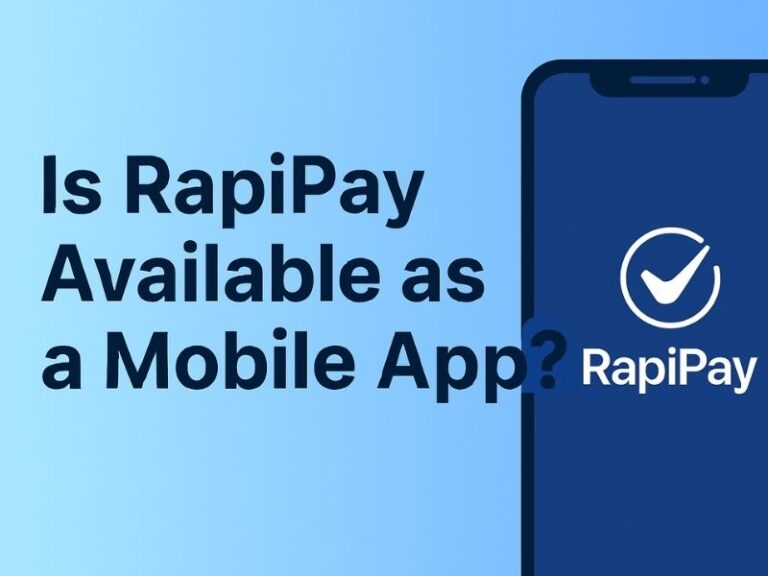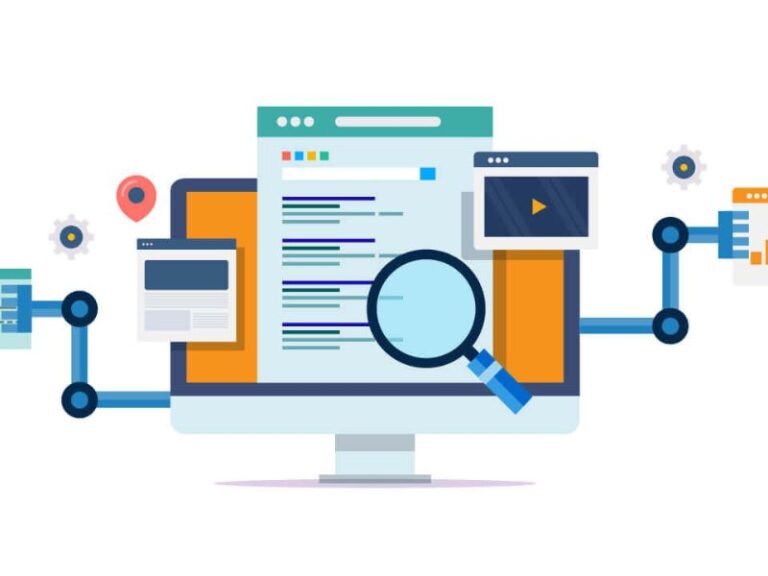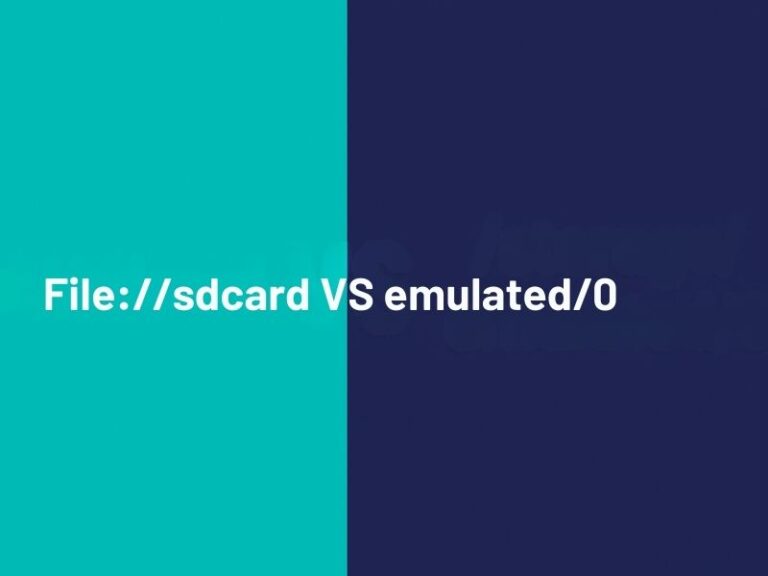In today’s online world, privacy is becoming more and more fragile. With smartphones in every hand and social media accounts on every platform, it’s easy to capture and share moments. But what happens when those personal photos or videos get leaked without your permission? It’s scary, painful, and life-damaging.
Sadly, many people, especially women, are becoming victims of such cybercrimes. Personal photos are leaked, videos are edited and made viral, and blackmailers try to take advantage of innocent people. But the good news is – you have the right to fight back. You can remove such content from the internet, take legal help, and protect your identity.
Let’s now understand everything clearly and step by step.
Digital Life: A Boon and a Curse
Technology has brought comfort, speed, and connection into our lives. But like the two sides of a coin, it also brings risks:
Advantages:
- Easy communication
- Instant file sharing
- Access to information
- Work from anywhere
- Social media to express yourself
Disadvantages:
- Privacy leaks
- Cyberbullying
- Online scams and phishing
- Identity theft
- Non-consensual image sharing
The more we use technology, the more we need to protect ourselves. Every click, every upload, every share can be misused if we are not careful.
What Happens When Personal Photos or Videos Are Leaked?
Leaked photos or videos can be extremely damaging. They may be shared on:
- WhatsApp groups
- Telegram channels
- Instagram reels
- Facebook pages
- Reddit threads
- Pornographic websites
And once content goes online, it spreads like wildfire. Within hours, thousands of people may download or forward the file. Some may even morph the image, edit the video, or spread rumors.
Mental Impact:
- Anxiety and depression
- Fear of judgment from family or society
- Suicidal thoughts in extreme cases
- Isolation or withdrawal from social life
It is not just a small incident. It is a digital assault.
Why Do People Leak Private Content?
There are many reasons, and most of them are criminal in nature:
- Revenge: Ex-partners trying to take revenge after breakups
- Blackmail: Demanding money or favors using private content
- Entertainment or trolling: Leaking someone’s private moments for fun
- Data breaches: Hacked phones or cloud accounts
- Malware/Spyware: Installed on mobile to steal images
Whatever the reason, leaking someone’s personal image or video without consent is a crime.
What Can You Do if Your Photos/Videos Are Leaked?
Here’s the detailed plan to follow immediately:
Step 1: Save Proof
Before you report anything, take screenshots and links as evidence.
- Capture the profile or ID sharing your photo/video
- Note the date, time, and post ID
- Save the web page URLs and backup them
These proofs are very important for legal complaints and technical removal from the web.
Step 2: Use StopNCII.org – A Global Protection Tool
StopNCII.org is a unique and secure platform that helps victims take down their non-consensual intimate images (NCII) from the internet.
How it works:
- You don’t upload the image itself
- You upload the image from your device and the website creates a digital fingerprint (called a hash)
- This hash is sent to tech companies like Meta (Facebook, Instagram), Reddit, TikTok, Bumble, etc.
- These platforms use the hash to automatically find and block/remove the image wherever it appears
- No one can reverse-engineer the hash to find your original image
Why it’s safe:
- Your actual photo/video is never uploaded
- Your name and identity are never asked
- It is supported by big companies and privacy experts
Steps:
- Go to https://stopncii.org
- Select your language and click “Start Now”
- Follow instructions to upload the image (locally, securely)
- Submit and note the reference ID
- Wait for confirmation emails from platforms
This is one of the most powerful ways to prevent further spread.
Step 3: Take Legal Help – File a Complaint
In India, the law is very clear. Sharing someone’s private content without their consent is illegal.
Under Section 66E of the IT Act, 2000:
Capturing, publishing, or transmitting the image of a private area of a person without their consent is punishable.
Punishment:
- Up to 3 years imprisonment
- Fine up to ₹2 lakhs
Other Relevant Legal Provisions:
- IPC Section 354C – Voyeurism
- IPC Section 509 – Word, gesture or act intended to insult modesty
- IT Act Section 67 – Publishing obscene material online
You can go to your nearest police station and file an FIR. If they refuse, you can approach the Cyber Crime Police Station in your city.
Step 4: Call 1930 – National Cyber Helpline
The Indian Government has launched a special helpline 1930 where you can report:
- Photo/video leaks
- Sextortion and blackmail
- Cyberstalking
- Online harassment
Dial the number and explain your problem. The call center will guide you on how to proceed with your complaint.
This number works 24×7.
Step 5: Report on cybercrime.gov.in
This is the official portal run by the Ministry of Home Affairs. You can file complaints online in simple steps.
Steps to report:
- Visit https://www.cybercrime.gov.in
- Click “Report Women/Child Related Crime”
- Fill your personal details (you can keep it confidential)
- Upload screenshots and links
- Submit and get your complaint reference ID
You can track the progress using this ID.
Step 6: Report Directly on Social Media
Almost every platform has its own reporting tool. You can directly request the removal of your photo or video.
- Go to the post > Tap 3 dots > Report > It’s inappropriate > Nudity
- Click on the post > Report > Sexual content or nudity
Telegram
- Email: abuse@telegram.org
- Include channel link + screenshots
YouTube
- Under the video > Click “Report” > Choose “Infringes my rights”
Act quickly — most platforms respond in 24–48 hours.
Cybercrime Is Increasing Rapidly – The Data
In July 2025, Indian Minister of State for Home Affairs Bandi Sanjay presented shocking cybercrime data in Lok Sabha.
- 2023 Losses: ₹7,465.18 crore
- 2024 Losses: ₹22,845.73 crore
- Growth: 206% increase in just one year
This shows how serious the cyber threat has become in India. People of all ages and backgrounds are getting trapped.
How to Prevent Future Incidents?
Preventing leaks is better than repairing the damage. Follow these tips:
Strong Digital Habits
- Use strong passwords for every account
- Enable 2-Factor Authentication (2FA)
- Don’t save private images on shared devices
- Use vault apps or encrypted storage
Be Smart with Sharing
- Never share personal content with strangers
- Avoid clicking on suspicious links
- Don’t trust “online lovers” you haven’t met
- Check privacy settings on your social media
Secure Your Devices
- Install antivirus/anti-malware
- Update your phone OS regularly
- Use VPN while browsing
Final Words: You Are Not Alone
If you are a victim of leaked personal images or videos, please remember:
- It is not your fault
- You are not alone
- You have legal rights
- Help is available
Start by taking action – report, remove, and recover. And if you know someone going through this, guide them. Don’t let anyone suffer in silence.
Help Resources (Summary)
| Resource | What It Does | Link/Contact |
|---|---|---|
| StopNCII.org | Removes private images from platforms | stopncii.org |
| National Helpline | Guidance and assistance | 1930 |
| cybercrime.gov.in | File complaint online | cybercrime.gov.in |
| Local Police Station | File FIR | Visit nearest station |
| Social Media Platforms | Directly report content | Via app or email |






